He outlined four basic requirements
- The necessary respect for the right to live and right to die with dignity,
- The continuous respect for the will of the older people by society and their children
- The importance of inspections and peer review
- A particular vigilance on a management based on the "smile index", as well in patients as in the caregivers: "Good work is possible only when everyibe is happy"
=>> Insisting on the need to engage with the organs of the Council of Europe, Michel BALLEREAU underline that only joint action, such as that undertaken by the CEN, which brings together public and private actors at European level can be a source of hope
Dr Michel BALLEREAU is the President of the Health and Social Action Committee for the French Agency for Standardization (AFNOR), a member of the International Association for Research in Hygiene in Hospitals (AIRHH)
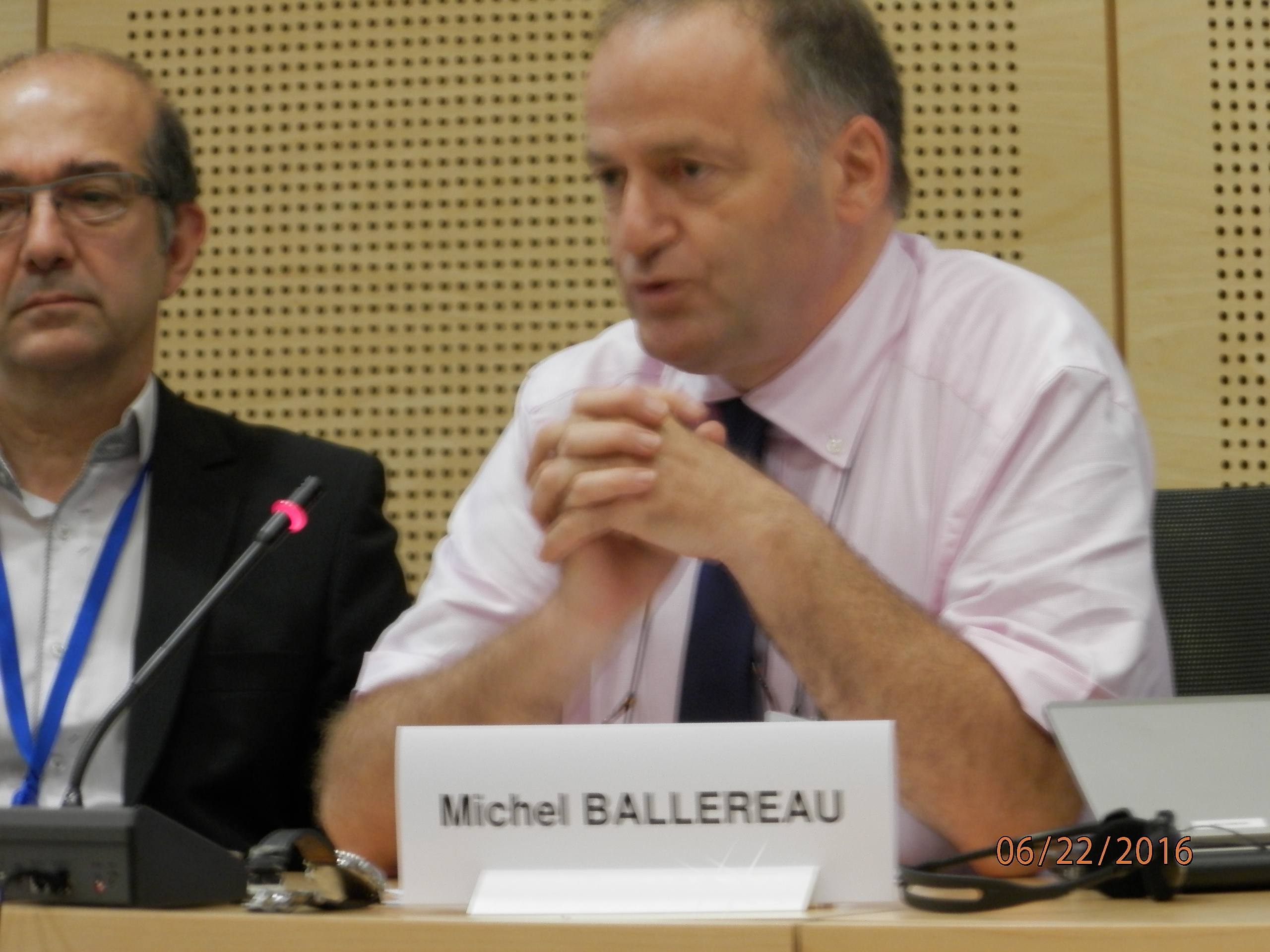
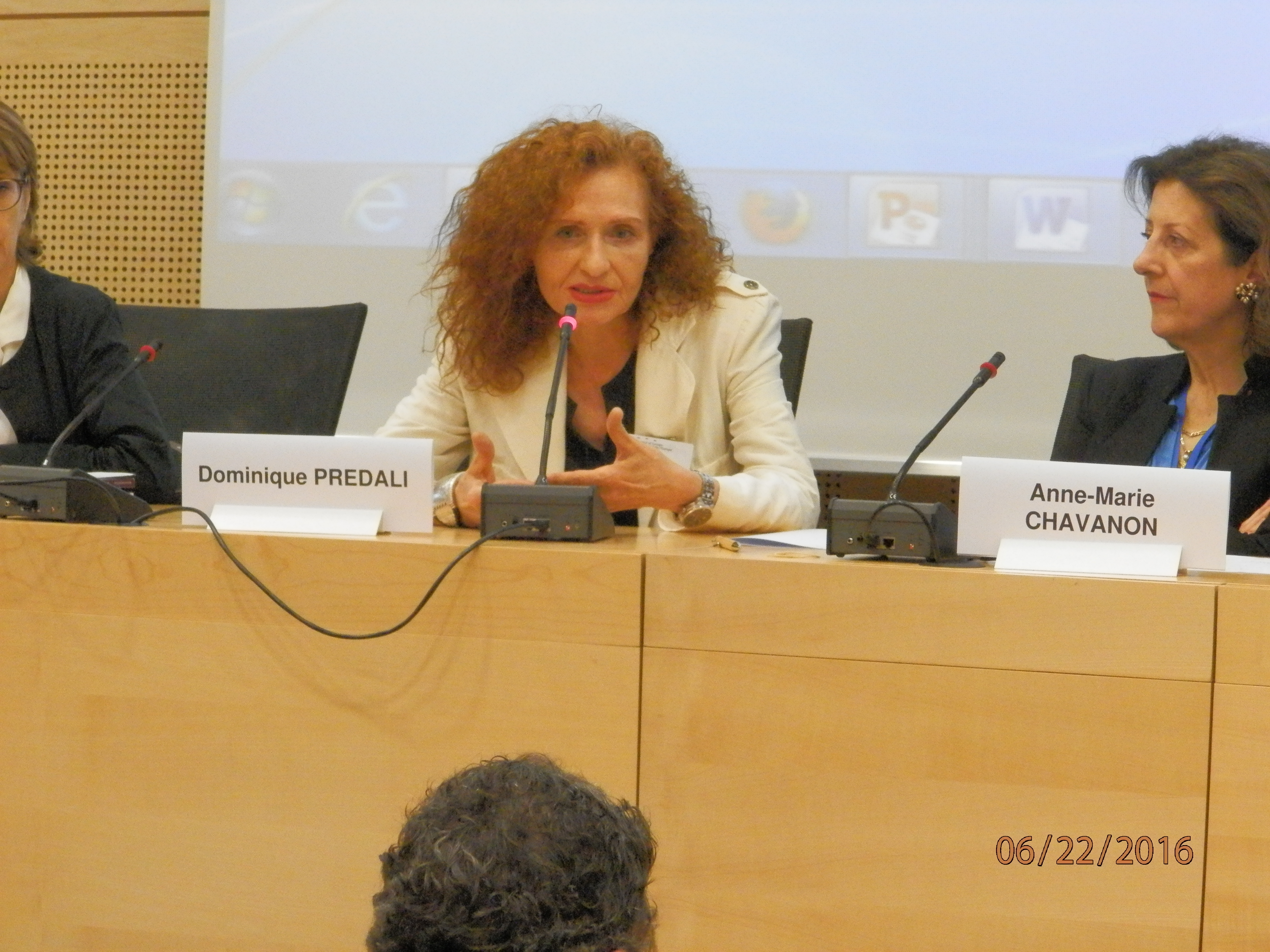
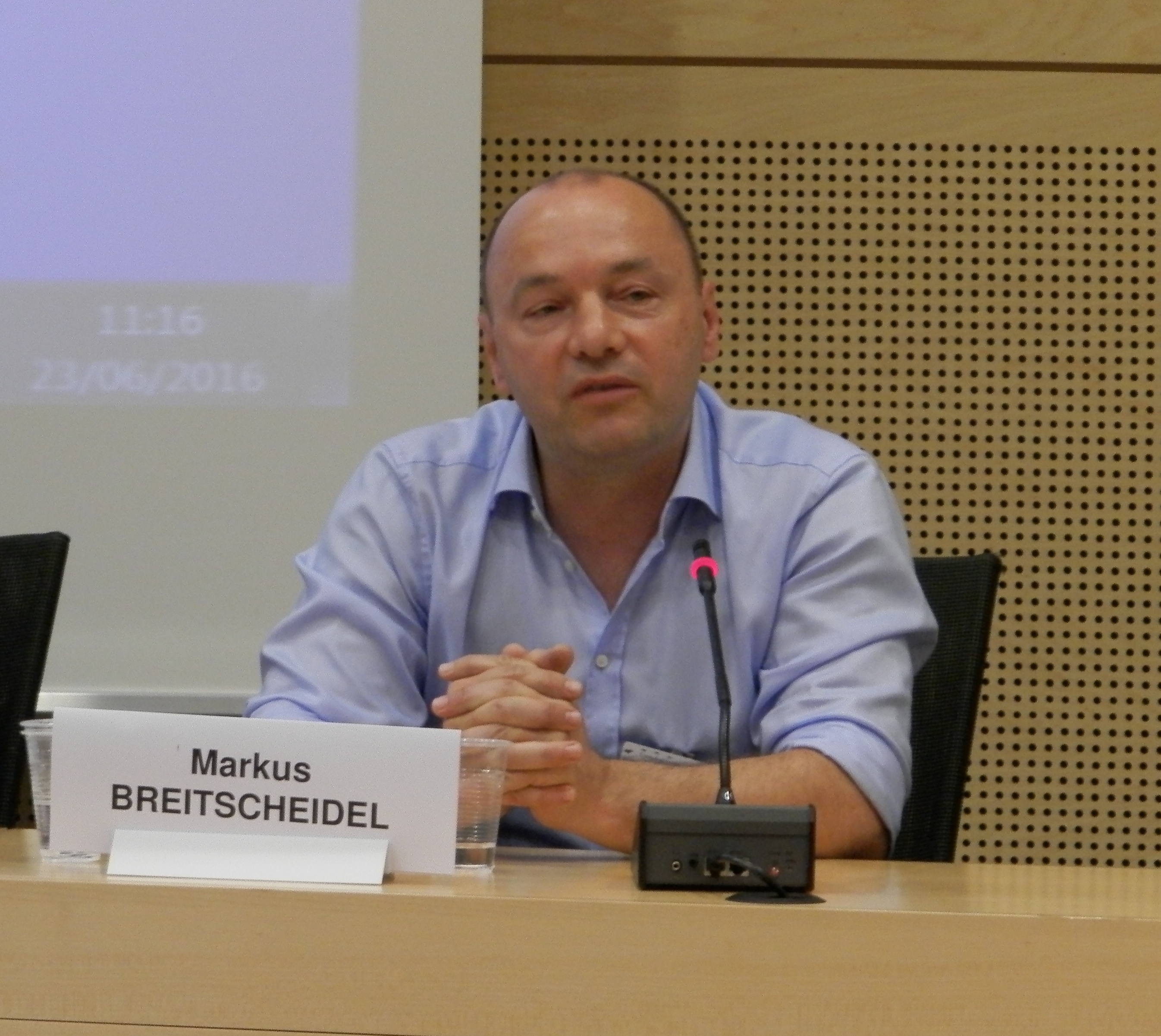


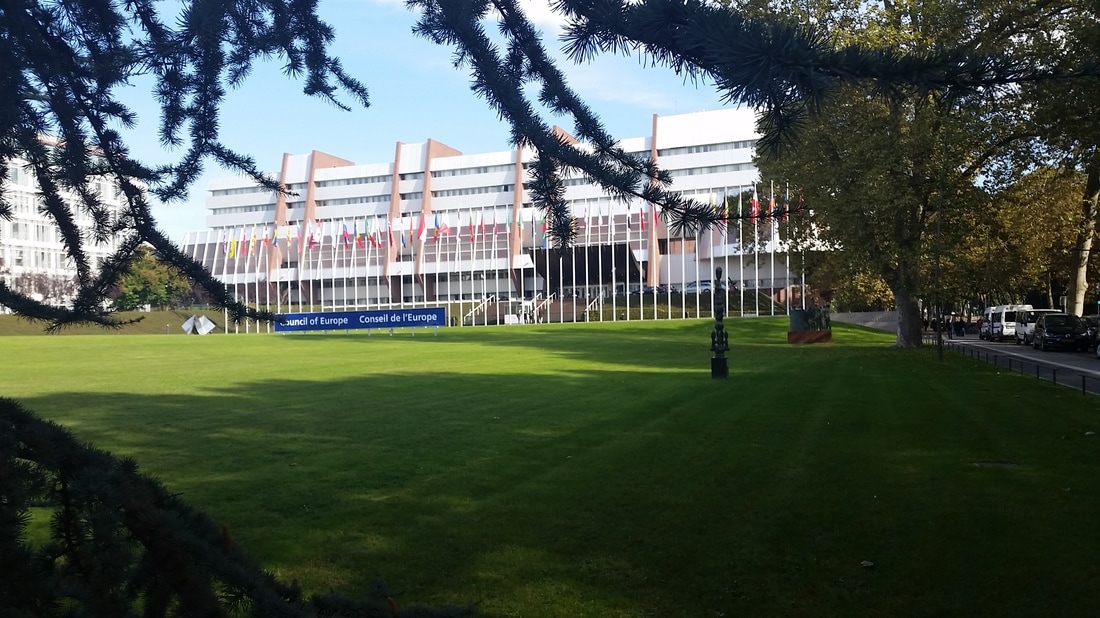
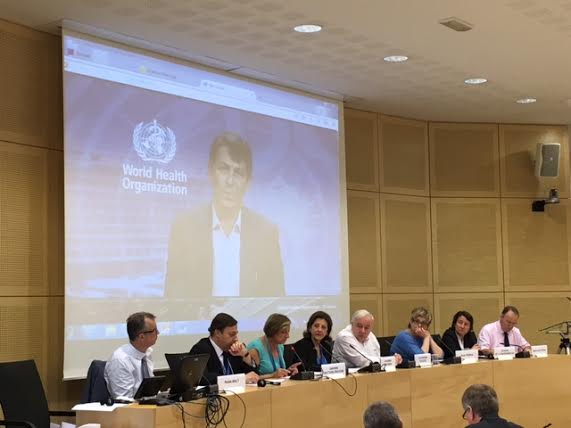
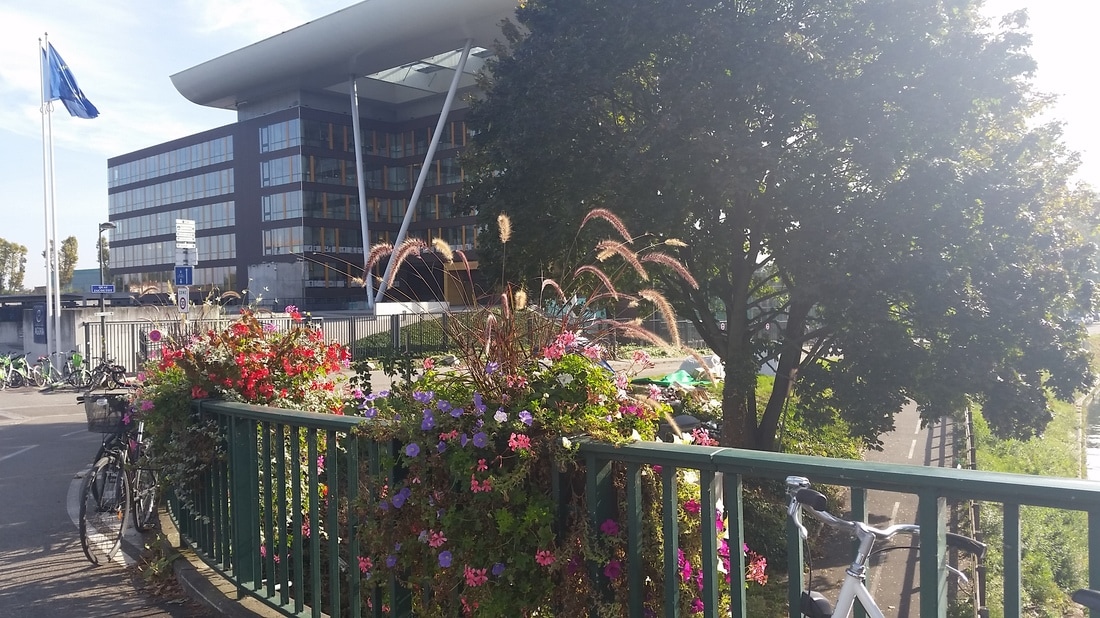

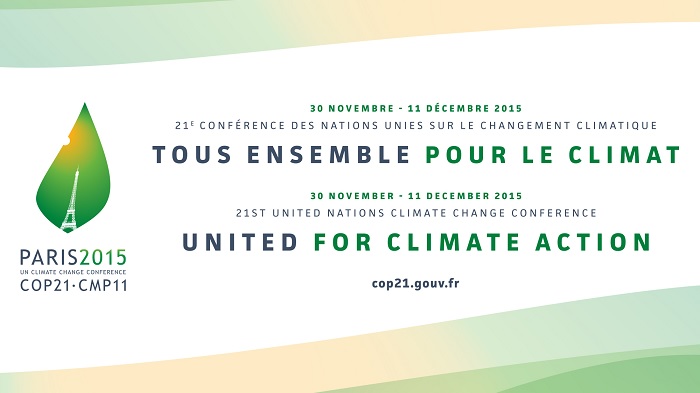
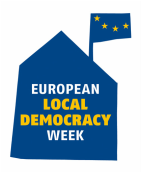
 RSS Feed
RSS Feed